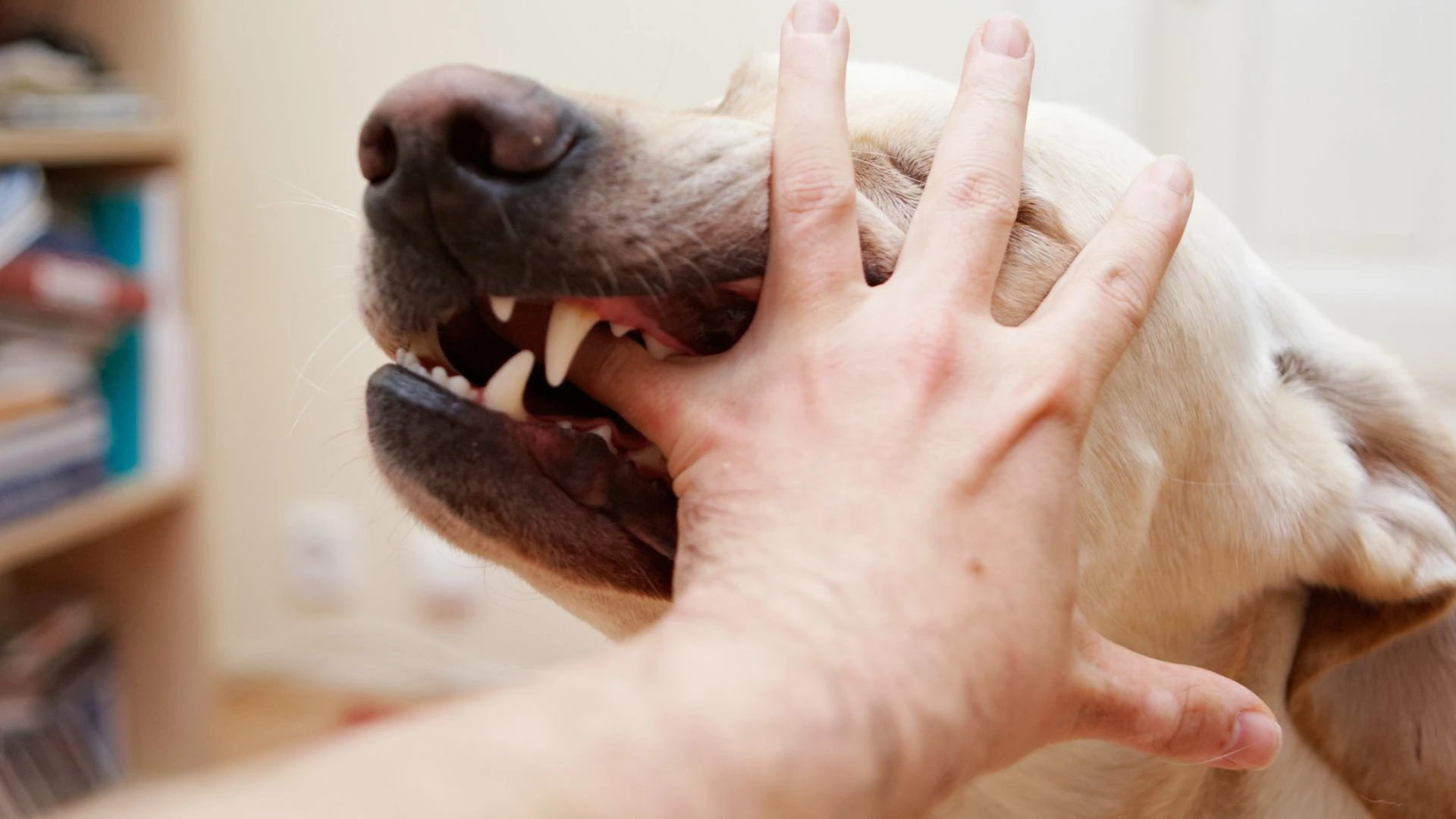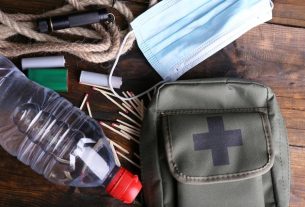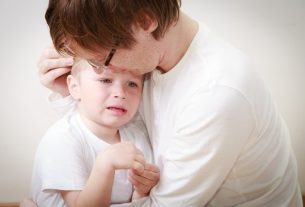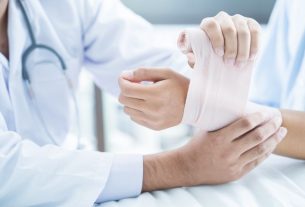Rat bites must be treated quickly, as they run the risk of transmitting infections and causing diseases such as rat bite fever, leptospirosis or even rabies.
First aid should be started at home, as soon as the accident occurs, and consists of:
- Wash the wound with running water and soapor with saline solution, for 5 to 10 minutes, removing remains of saliva or any impurities that may be contaminating the wound;
- Cover the area with gauze or clean cloth;
- Go to the health center or emergency roomwhere the wound can be washed again, disinfected with povidone or chlorhexidine and, if necessary, any dead tissue removed and sutured by the doctor.
After the procedure, a dressing is applied, which must be changed the following day or before, if the dressing gets wet or becomes dirty with blood or secretions. If the wound starts to show signs of infection, such as purulent discharge, redness or swelling, the doctor may prescribe the use of an antibiotic.
When is it necessary to get vaccines
The tetanus vaccine is recommended after this type of injury, if it is not up to date, as it prevents infection with the bacteria. Clostridium tetani, which is present in the environment, such as in soil or dust. See when to get the tetanus vaccine.
The rabies vaccine or anti-rabies serum may be indicated if the rat is of unknown origin, as in these cases the risk of transmission of the rabies virus is greater. In the case of house mice or hamsters, the risk is much lower and it is not necessary to take a vaccine, unless the animal presents behavioral changes or symptoms characteristic of rabies. Also check when the rabies vaccine is necessary.
What diseases can be transmitted
Rats may contain microorganisms in their secretions that cause diseases in humans, especially sewer rats.
One of the main diseases that can arise is rat bite fever, in which bacteria such as Streptobacillus moniliformiscan reach the bloodstream and cause fever, malaise, skin redness, muscle pain, vomiting and, in some cases, cause serious complications such as pneumonia, meningitis and abscesses throughout the body.
Furthermore, other diseases that can be transmitted by the secretions of rats and rodents include leptospirosis, hantavirus, rabies or bubonic plague, for example, which can be serious and lead to death. Therefore, it is very important to adopt environmental hygiene measures, such as removing rubbish, debris, dirt and keeping plants well cared for, to prevent the presence of these animals near homes.

Sign up for our newsletter and stay up to date with exclusive news
that can transform your routine!
Warning: Undefined array key "title" in /home/storelat/public_html/wp-content/plugins/link-whisper-premium/templates/frontend/related-posts.php on line 12
Warning: Undefined array key "title_tag" in /home/storelat/public_html/wp-content/plugins/link-whisper-premium/templates/frontend/related-posts.php on line 13




